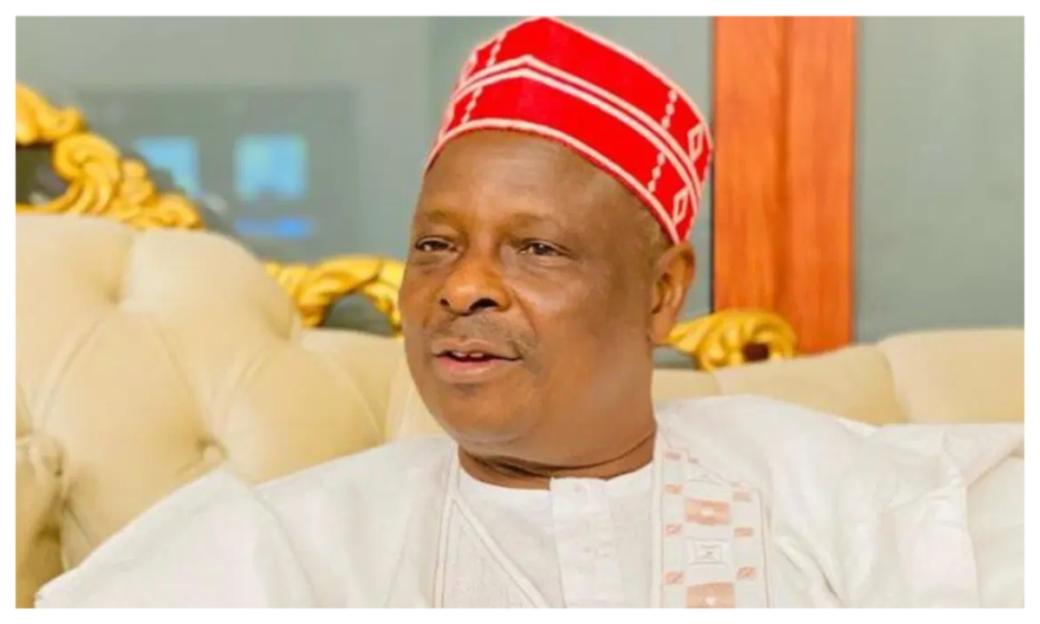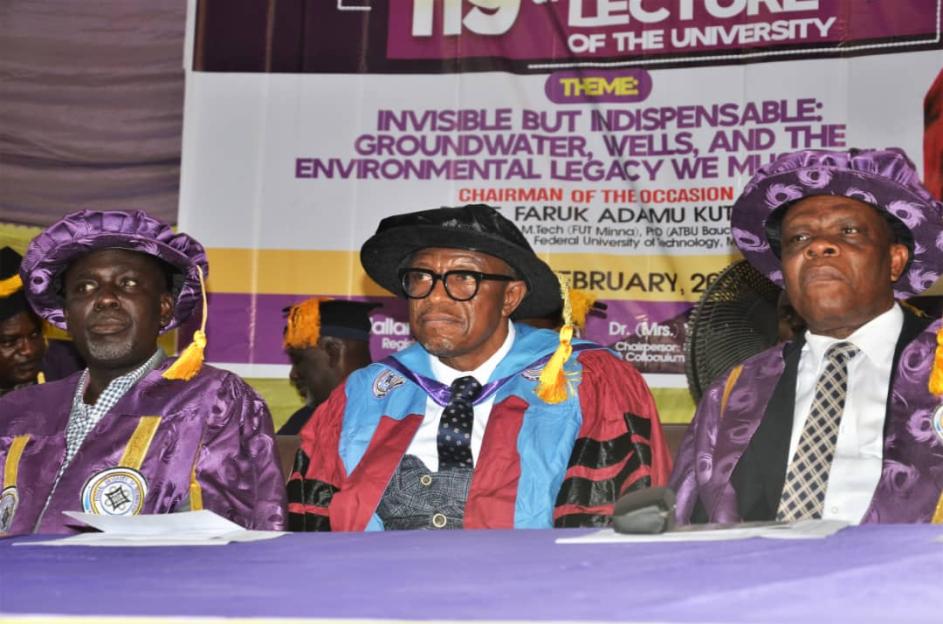The Nigerian Government has stated that the Eastern Railway Corridor from Port Harcourt through Aba and Enugu to Maiduguri is a presidential priority.
This was disclosed by the Minister of Information and National Orientation, Mohammed Idris on Thursday night in Enugu during an engagement with stakeholders of the State.
Idris is leading a government delegation, including heads of parastatals under the ministry and media executives, on a tour of government projects in Enugu and Ebonyi States.
The Minister said the engagement, like the recent one in Kaduna, “is part of our efforts at the Federal Ministry of Information and National Orientation, in collaboration with the National Communication Team, to connect directly with Nigerians on the Renewed Hope Agenda of President Bola Ahmed Tinubu, GCFR. Our goal is simple, to bridge the communication gap between government and citizens, block the spread of misinformation, and strengthen participatory democracy through open dialogue.”
According to him, President Tinubu’s Renewed Hope Agenda, anchored on eight pillars, was about reforming the economy, securing the nation, and ensuring prosperity for all Nigerians, boost agriculture to achieve food security, unlock energy and natural resources for sustainable development, enhance infrastructure and transportation, focus on education, health, and social investment, accelerate diversification through industrialization, digitization, creative arts, manufacturing, and innovation, and also, improve governance for effective service delivery.”
While justifying the removal of fuel subsidy, he said it was necessary to end decades of cronyism, adding the government also unified exchange rates to bring transparency.
“While these reforms brought initial hardship, targeted interventions such as wage awards, higher minimum wage, cash transfers, food security programmes, and cheaper Compressed Natural Gas for transport, are cushioning the impact. More funds are now available to states and LGs for infrastructure and human capital development.
“In the South-East, these funds are delivering tangible impact, such as the laudable infrastructure projects we inspected earlier today across Enugu State, some of which were Federal Government projects, and scores of others by the Government of Enugu State. By all means His Excellency Governor Peter Mbah is defining the sort of harmony required by the centre and the states for national development.
“The Eastern Railway Corridor from Port Harcourt through Aba and Enugu to Maiduguri is a presidential priority, with $3bn recently sought for modernization.
“Over 1,000 primary healthcare centres have been rehabilitated nationwide, including in the South-East.
“Only weeks ago, we commissioned a world-class oncology and cancer centre here in Enugu.
“In a historic move, President Tinubu established new development commissions for all previously uncovered zones, ensuring no region is left behind.
“His inclusive governance style is evident in balanced appointments and equitable distribution of benefits.
“On security, the administration has invested in modern equipment, more personnel, and better intelligence gathering, weakening criminal networks.
“Through the Nigeria Education Loan Fund, about 450,000 students have accessed loans, and nearly 90,000 Nigerians have benefited from the Consumer Credit Scheme.
“Recognizing the South-East’s industrial strength, the government has created three key business funds totalling N200bn: the Presidential Conditional Grant Scheme (PCGS); the FGN MSME Intervention Fund, and the FGN Manufacturing Sector Fund.
“I want to call on entrepreneurs to take advantage of these funds and embrace the ‘Nigeria First’ policy that promotes patronage of locally made products.”
Idris expressed delight that Enugu and Imo states were among the 11 states that had received regulatory autonomy to oversee the electricity market in their states, from generation to distribution.
“We expect other states of the region to key into this policy as soon as possible.
“Indeed, economic stability is returning; food prices are easing, forex markets stabilizing, and global rating agencies are optimistic about our trajectory toward a $1 trillion economy by 2030. While challenges remain, the progress is real,” asserted.







